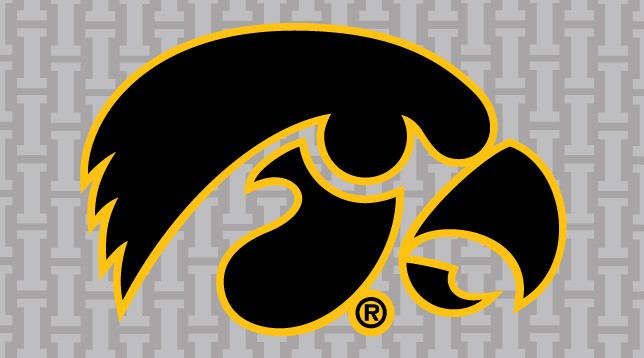Thomas Gilman’s Olympic perseverance serves as a life’s lesson
By Pat Harty
IOWA CITY, Iowa – The competitive nature of sports, especially a sport as physically demanding as wrestling, can sometimes help teach lessons about life.
That’s what occurred to me after learning that former Iowa wrestler Thomas Gilman won an Olympic bronze medal Thursday in Tokyo.
Gilman dominated his opponent from Iran, winning 9-1 at 57 kg and becoming the 10th former Hawkeye wrestler to win an Olympic medal, and the first since Terry Brands and Lincoln McIlravy both won bronze at the 2000 Summer Olympics in Sydney.
The 27-year old Gilman, who is from Council Bluffs, overcame a gut-wrenching 5-4 loss to two-time defending world champion and No. 2 seed Zaur Uguev of the Russian Olympic Committee in his opening match. Uguev scored in the closing seconds of the bout to escape with the win.
Gilman had trained for over four years for this special moment, and to have lost his first match, and his chance for Olympic gold, had to be devastating.
But much like in life, Gilman knew the best way to face adversity is to keep fighting and striving for success.
He could’ve easily folded from an emotional standpoint after losing his first match, but instead, he used it as motivation.
“What do you do when someone punches you in the mouth and you fall down? You get back up and you keep fighting,” Gilman told the USA Today Sports network. “I got up, kept fighting, didn’t think too much, and just did my thing.”
How a person responds to adversity goes a long way in defining that person, and the way in which Gilman handled his adversity speaks volumes about his mental and physical toughness, and about his resolve.
Gilman was a three-time All-American at Iowa from 2015-17 and won a Big Ten championship in 2017 at 125 pounds. He was a silver medalist at the 2017 UWW World Championships and won a gold medal at the UWW World Cup in 2018.
So he’s won a lot of big matches, but also has lost some, too.
But the one constant with Gilman is that he always moves forward and refuses to let a loss define him. He is relentless in a sport that will chew you up if you’re not.
The fact that Gilman didn’t win a national title at Iowa probably bothers him to this day.
But it also probably fuels him because that’s what a competitor does. He or she takes the pain and anger from losing and turns it into positive energy.
Sports often mirrors life, in that both are filled with personal setbacks. It’s how a person responds to those setbacks that ultimately defines that person.
Winning is the easy part. You smile a lot, and receive praise.
The hard part is losing, and bouncing back from it emotionally. It can weigh on a person’s mind and cause doubt and apprehension.
But not in the case of Thomas Gilman.
He stayed the course, stayed mentally strong and stayed committed to his cause.
And now he is an Olympic bronze medalist, and a shining example that adversity is handled best by refusing to back down from it.



